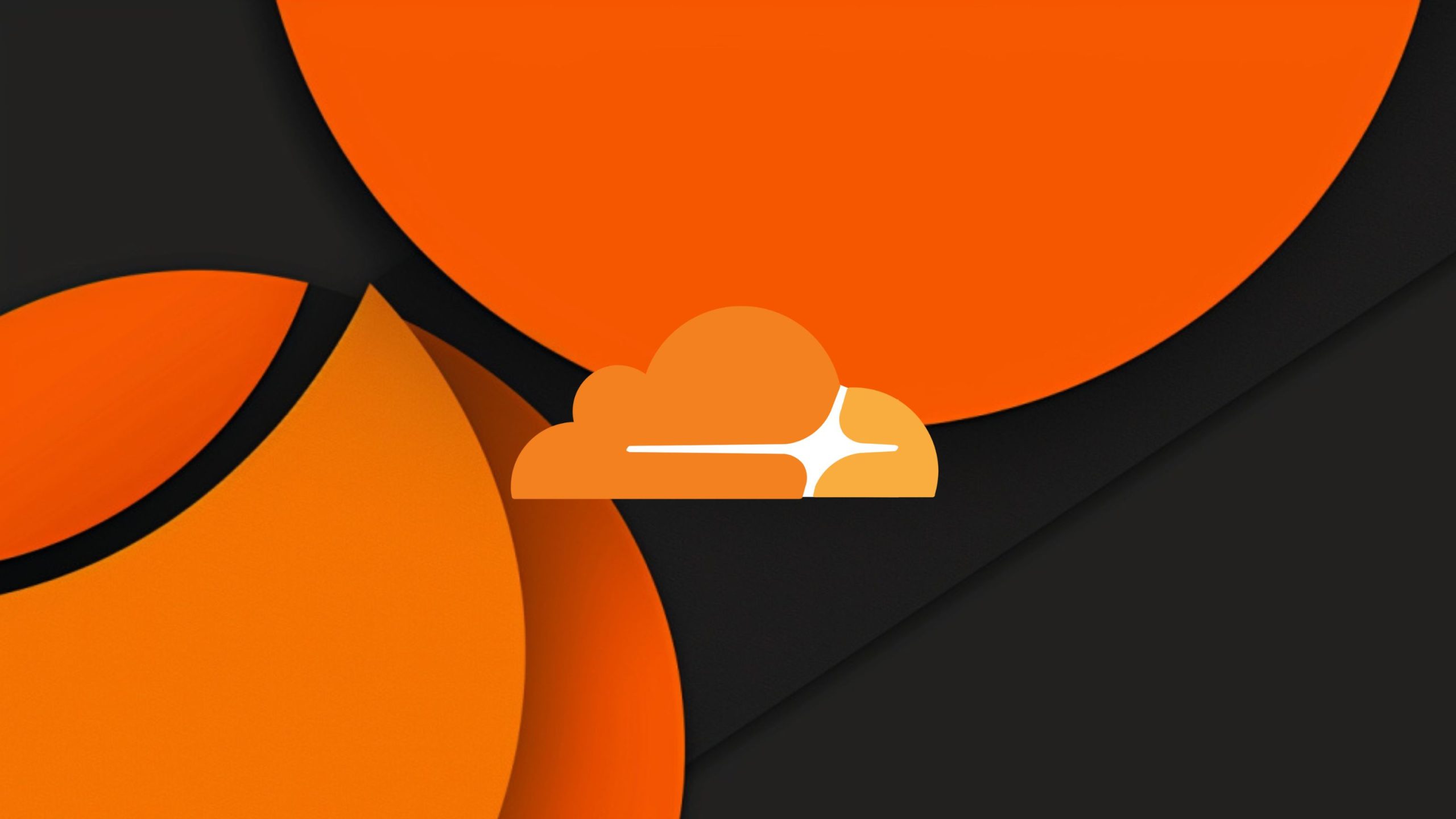Cloudflare has been ordered by a Tokyo District Court to pay 500 million yen, about 3.2 million US dollars, after judges ruled the company liable for aiding copyright infringement.
The decision, as reported by TorrentFreak, brought by a coalition of Japan’s largest manga publishers, challenges the long-held understanding that network infrastructure providers are not responsible for what passes through their systems.
It also signals a growing international push to make companies like Cloudflare police online content, an approach that could redefine how the open internet operates.
The publishers, Shueisha, Kodansha, Kadokawa, and Shogakukan, argued that Cloudflare’s global network, which caches and accelerates websites, helped pirate manga sites distribute illegal copies of their work. They said Cloudflare’s failure to verify customer identities allowed those sites to hide “under circumstances where strong anonymity was secured,” a factor the court said contributed to its finding of liability.
Cloudflare said it will appeal, calling the ruling a threat to fairness and due process and warning that it could have broad implications for the future of internet infrastructure. The company argues that its conduct complies with global norms and that it has no direct control over the content its clients publish or distribute.
The legal fight between Cloudflare and Japan’s major publishers began in 2018. The publishers asked the Tokyo District Court to intervene, claiming Cloudflare’s technology enabled piracy sites to thrive. They wanted the company to sever ties with the offending domains.
In 2019, a partial settlement was reached. The deal, later disclosed, required Cloudflare to stop replicating content from sites only after Japanese courts officially declared them illegal.
That agreement quieted the conflict for a time, but it did not resolve the larger question of whether a network service should be required to decide which content is lawful.
By early 2022, the same publishers returned to court, alleging that Cloudflare had failed to take “necessary measures” against known infringing sites.
They filed a new claim targeting four specific works and sought around four million dollars in damages. They also asked for an order that would compel Cloudflare to terminate service for illegal sites.
Cloudflare countered that it had already implemented systems that let copyright holders directly contact hosting providers who could remove infringing material. The company said this went “above and beyond its obligations” under Japanese law and warned that extending liability to infrastructure firms would undermine the open, technical nature of the internet.
After more than three years of proceedings, the Tokyo District Court found in favor of the publishers. It concluded that Cloudflare’s “failure to take timely and appropriate action despite receiving infringement notices” and its “negligent continuation of pirated content distribution” amounted to participation in copyright infringement.
The court placed particular weight on Cloudflare’s lack of identity verification procedures, saying that its network allowed operators of large piracy sites to maintain anonymity.
The publishers said the decision marks an “important victory” and a step toward holding service providers responsible for user conduct. They claimed Cloudflare had been informed about over 4,000 infringing titles and roughly 300 million monthly visits to piracy domains, but had continued providing service.
A Dangerous Precedent for Infrastructure Providers
Cloudflare has described the decision as a dangerous precedent that could ripple far beyond Japan. In a filing to the US Trade Representative, the company said “a fully adjudicated ruling that finds CDNs liable for monetary damages for infringing material would set a dangerous global precedent” and could force American providers to limit overseas operations.
The case raises fundamental questions about whether infrastructure companies should act as arbiters of what stays online.
Traditionally, content regulation has focused on hosts and platforms, which actually store or publish material. Cloudflare, by contrast, functions as a network layer that delivers data faster and more securely. Requiring such companies to inspect or block traffic blurs the line between neutral service and content control.
If courts and policymakers continue down this path, infrastructure firms may have to implement identity checks, filtering systems, or even user monitoring to limit their exposure.
Such measures, promoted as anti-piracy safeguards, would also create the foundation for surveillance and preemptive censorship.
The Tokyo ruling feeds into a wider trend of governments and rights holders pressuring network operators to police the web. Similar cases are now pending in Spain and other jurisdictions, and European regulators have begun signaling support for tighter anti-piracy enforcement.
Supporters of free and open networks warn that imposing editorial duties on companies that simply move data could reshape the internet into a permission-based system, where communication depends on constant identification and verification.
Cloudflare’s appeal will determine whether Japan adopts this new model of liability or preserves the longstanding idea that the infrastructure of the internet should remain neutral.
It’s important to mention that Cloudflare is not perfect, and the company has previously acted against the argument it’s making here.
Cloudflare’s controversial 2022 decision to block the forum Kiwi Farms revealed the risks of expecting infrastructure companies to act as online gatekeepers, a pattern now resurfacing in its legal battles abroad.
That move, made after weeks of public pressure under the “#DropKiwiFarms” campaign, marked a break from Cloudflare’s long-held neutrality.
The company had previously compared withdrawing its protection to “a fire department refusing to respond to fires in the homes of people who do not possess sufficient moral character,” calling such acts “a dangerous precedent.”
Yet it ultimately removed Kiwi Farms from its DDoS protection network, effectively knocking the site offline.
Cloudflare’s experience should serve as a reminder that neutrality is not weakness but strength. The internet depends on infrastructure providers that protect connectivity without judging content.
Every time an infrastructure company yields to pressure, whether from governments, rights holders, or public campaigns, it narrows the space for free communication online.










